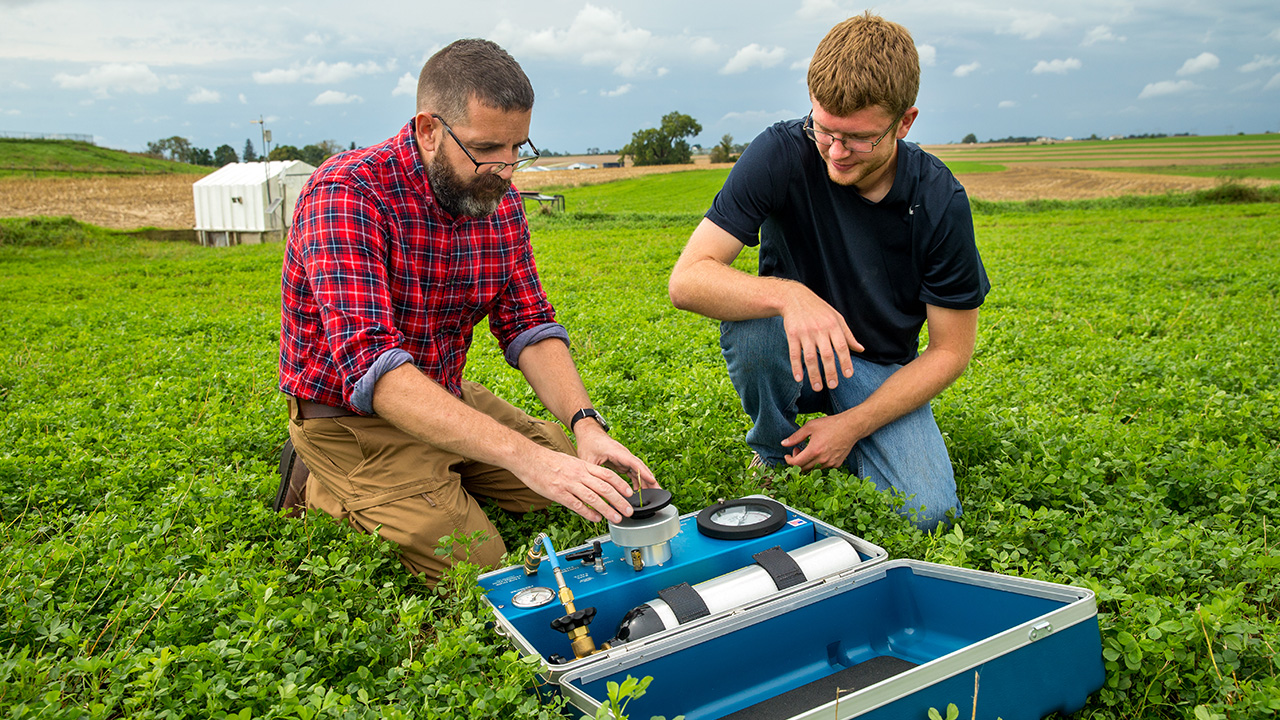
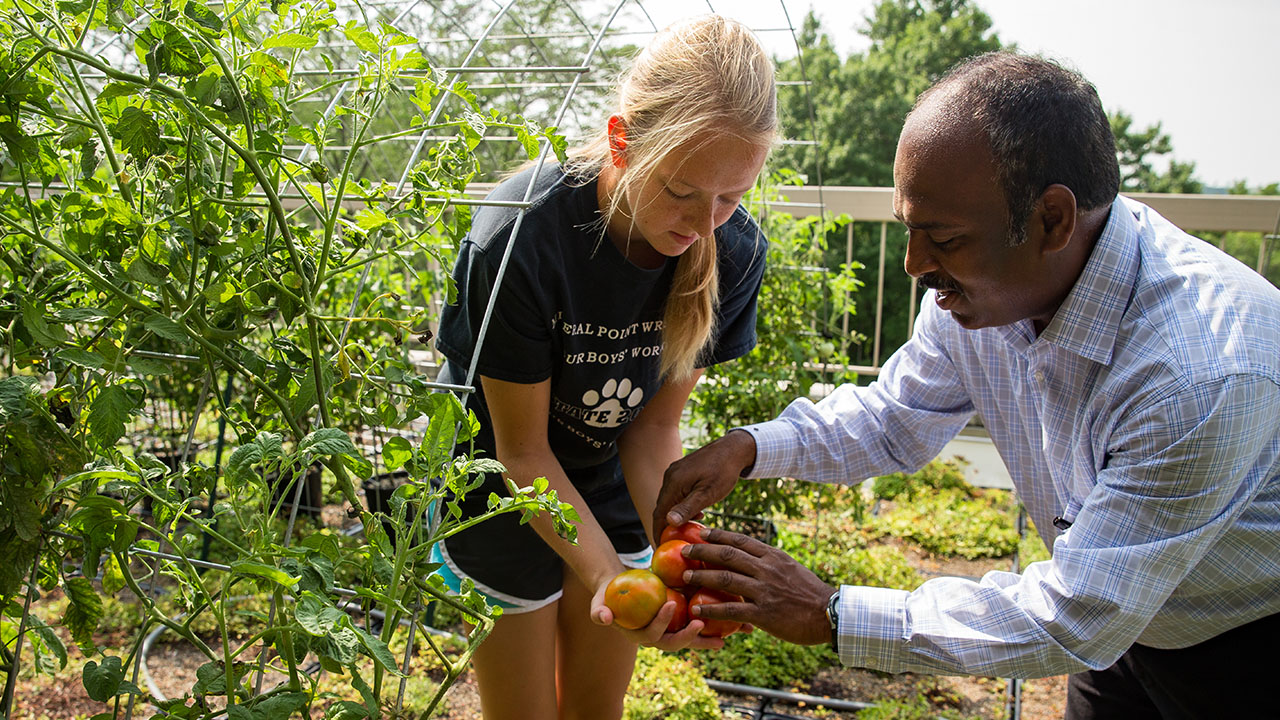
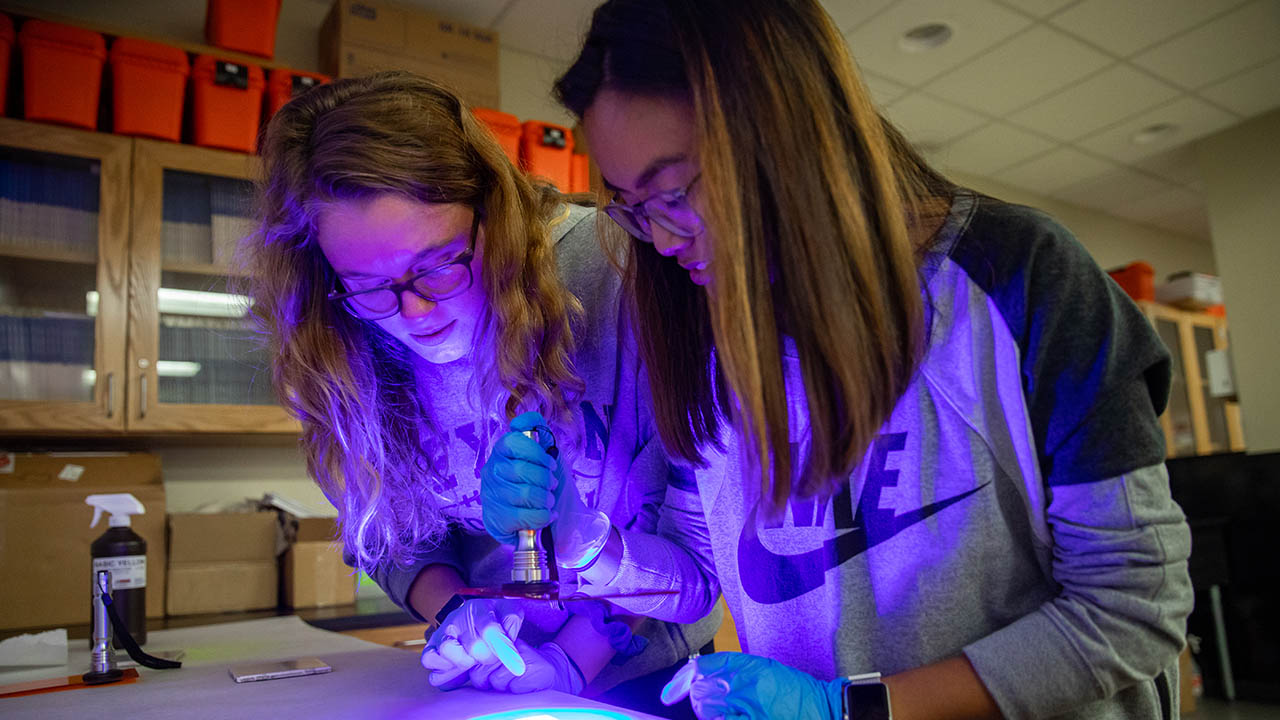
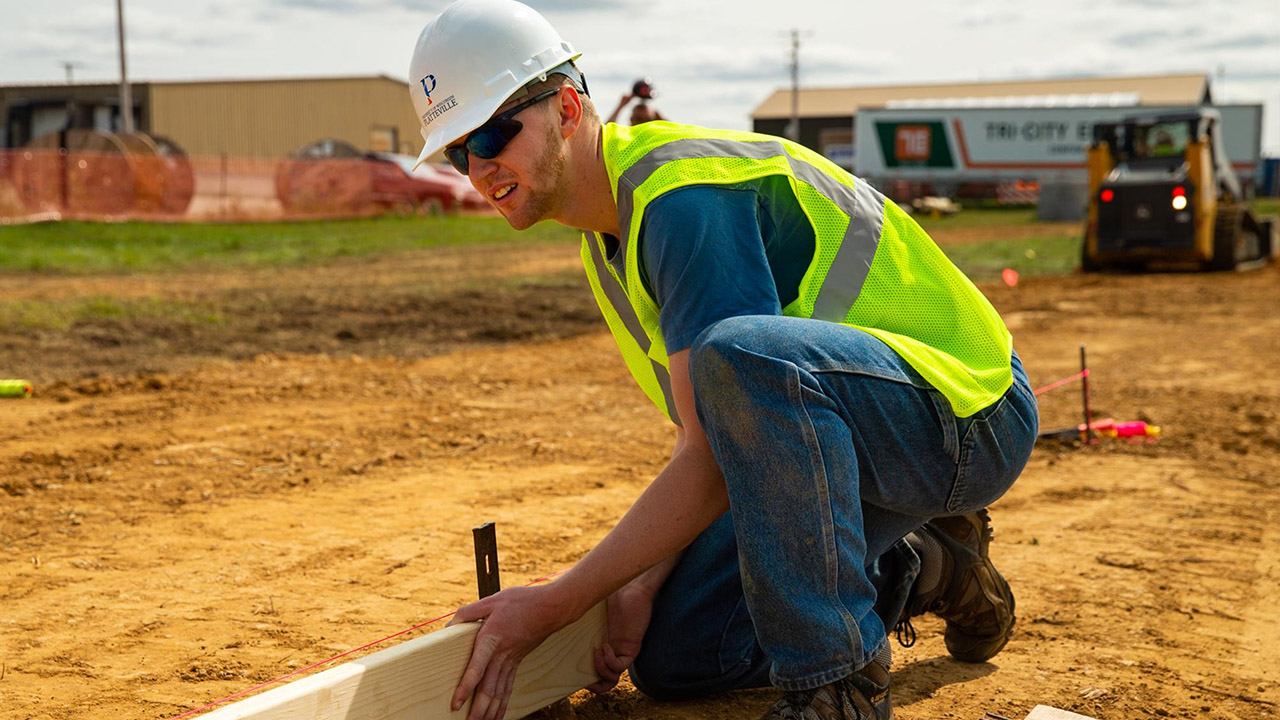
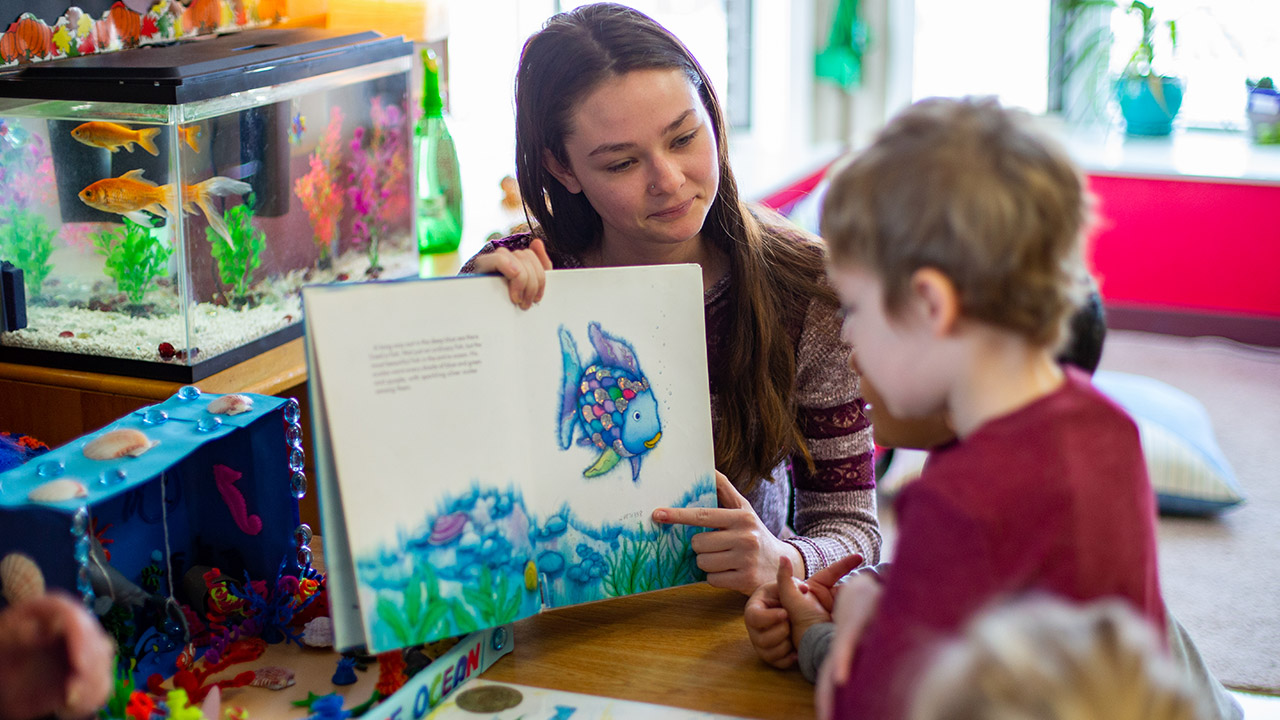
Dating back to its origins as the state’s first teacher preparation institute and the Wisconsin Mining Trade School, the University of Wisconsin-Platteville has long been known for its tradition of providing a hands-on education that extends beyond the classroom. That tradition continues to grow stronger today as new and renovated buildings, along with expanding commitments to undergraduate research and internship opportunities, promise students a transformational education that translates to success in the workforce.
“At UW-Platteville we have a student-centered approach that provides hands-on, high-impact practices,” said Dr. Tammy Evetovich, provost and vice chancellor of Academic Affairs at UW-Platteville. “Our faculty are committed to leading those activities and projects that allow our students to engage in research projects, internships, community-based learning and collaborative assignments that promote deeper learning. These types of practices lead to increased engagement and retention of students which ultimately leads to graduation and a jump-start to meaningful careers. We believe this helps our students get the most out of their college experience.”
This commitment to providing hands-on experiences gives UW-Platteville students an advantage as they enter the workforce, earning the university a consistent ranking as the top public institution in Wisconsin for best value and return on investment and a top school in the state for job placement.
The university’s newest building projects will expand on these opportunities. Sesquicentennial Hall, the newest engineering building slated to open in fall 2022, will offer students a massive Innovation Center and several state-of-the-art teaching laboratories. The $23.7 million renovation to Boebel Hall, the university’s primary science building, is scheduled to re-open in fall 2021 and will bring enhanced hands-on learning opportunities with an upgraded cadaver lab and microbiology, molecular and biotechnology, and freshwater labs.
The new buildings will add to the growing list of hands-on facilities the university already offers, many of which are unique. These include the Forensic Investigation Crime Scene House, one of only a few of its kind in the nation; the Pioneer Farm, a 430-acre working and research farm; the student-operated hydroponics lab that supplies greens to the university’s Dining Services; and the Commercial Construction Lab, to name a few.
In recent years, UW-Platteville has increased its commitment to undergraduate research opportunities on campus. The Summer Undergraduate Scholars Program launched in 2018 and each summer offers up to 10 students the opportunity to dive deep into an area of their interest through a research project or scholarly activity. Students are paid a stipend of $4,000 for their work and are mentored by a faculty member. Two years ago, the university launched the Undergraduate Research, Scholarly and Creative Activity Scholarships (URSCA) program. Since then, 75 students have received a $1,000 scholarship to support their research or scholarly activity for a full academic year.
“UW-Platteville does a really excellent job of providing opportunities for students to do research,” said Dr. Kameko Halfmann, assistant professor of psychology and coordinator of the Summer Undergraduate Scholars Program. “I’ve worked at other small institutions before and oftentimes if a student wanted to do a summer research program, they would likely have to apply to work at a larger institution during the summer. And even at larger institutions, those research programs are usually open to any student who wants to apply, not just students from that specific institution. It is very unique for a campus of our size to have a summer program that is specifically devoted to supporting our students in conducting intensive research over the summer.”
Even more unique, Halfmann said, is the emphasis UW-Platteville places on offering paid research opportunities for students.
“The URSCA scholarships are amazing in terms of the sheer number of them that are offered to students and the ability for us to support students in taking time to do research,” she said. “It is especially important for our students to get paid for these opportunities. So many of them have to balance work and school and if they can offset some of that work by funding they get to do research, then they are getting both an academic experience and getting paid to do it.”
Research is one of several experiential learning opportunities UW-Platteville students have, including internships and co-ops, student teaching, faculty-led service learning and more. In a recent survey, 90% of UW-Platteville graduates reported having participated in at least one of these opportunities, and 43% of those who participated ended up returning to work for that same employer post-graduation.